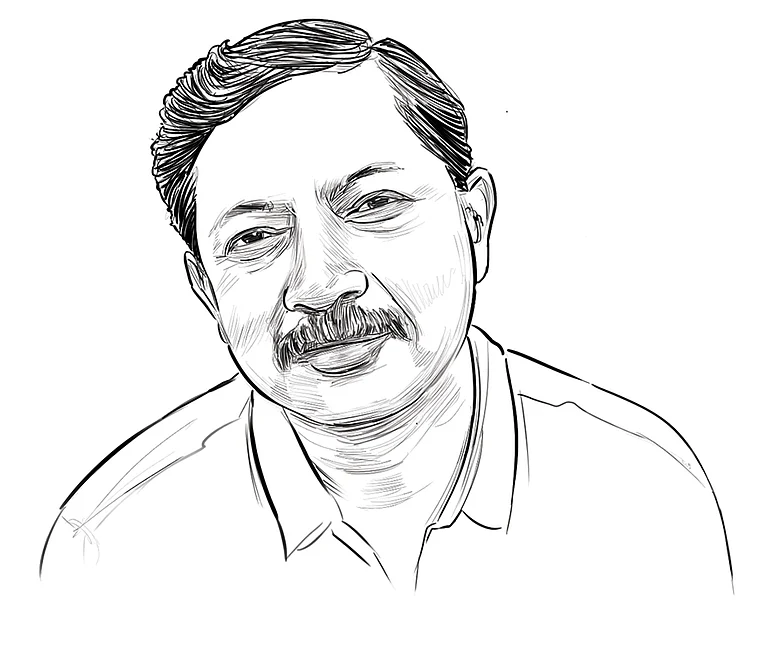On December 12, Prime Minister Narendra Modi announced that over 100,000 depositors have got about Rs 1,300 crore of their money stuck with stressed banks in the past few days. He also said that about 300,000 more would soon get their deposits with the banks that are under the Reserve Bank of India (RBI) moratorium.
Fixed deposits (FDs) are an important link in the retail financial services chain in India. They form an important part of retail deposits with banks and many investors like FDs for the fixed returns and ease of use.
Where FDs lack is that their real returns (returns earned after adjusting for inflation) are in negative and the deposits till recently were insured only up to an amount of Rs 1 lakh. FDs now have an added layer of protection as amounts till Rs 5 lakh are insured, thanks to the Deposit Insurance and Credit Guarantee Corporation (Amendment) Bill, 2021, passed in Parliament in August. The Deposit Insurance and Credit Guarantee Corporation (DICGC) guarantees each depositor a maximum of Rs 5 lakh (including both principal and interest amount) in case of liquidation of a bank.
Apart from this, FD holders can now get their money within 90 days of the freeze. The move provides relief to depositors of stressed lenders.
RBI governor Shaktikanta Das recently said that the cap was increased to Rs 5 lakh after a gap of 27 years. “Rs 1 lakh was set in 1993,” he said.
Returns Vs Safety
Money in FDs forms a cheap source of funds for lenders. Therefore, typically, cooperative banks and small financial institutions offer higher deposit rates to attract customers. The Rs 5 lakh protection generates confidence among depositors. “While big PSU banks have always been considered trustworthy, the deposit guarantee also makes smaller banks who offer higher interest on deposits, more attractive,” says Adhil Shetty, CEO of Bankbazaar.com. However, higher rates should not be the only criteria for choosing an FD.
Cautioning investors, Das said: “There are institutions offering higher rates. Higher return higher interest rate has also higher risk. Depositors should be careful while chasing high returns.”
The two factors that an investor should look at when choosing an FD are: one is, of course, the interest rate, but the second factor—the sound financial health of the lending institution—is equally important.
FDs now offer additional safety as FD holders can get their money within 90 days of the freeze. “Depositors of 16 cooperative banks that went into liquidation or moratorium will be paid their deposit insurance cover by DICGC. The process is on and some banks have already started the payments,” says Shetty. Recent examples include Punjab and Maharashtra Co-operative (PMC) Bank, Yes Bank and Lakshmi Vilas Bank.
Guaranteed Returns: The Trump Card
Despite their low returns, FDs continue to be suitable in certain situations and for certain investors.
New investors: For young investors such as students or first-time employees, FDs are a good starting point as they help build the habit of saving. “A new earner or investor may not be conversant with all investment options. In such a case, an FD is a good option. It acts as an intermediate option, between a savings account and some other investment avenue,” says Melvin Joseph, managing partner, Finvin Financial Planners. A new investor can take the first steps into the investment horizon with a recurring deposit or an FD.
Not in tax bracket: One of the negatives for FDs is taxation, which is where debt funds have an upper hand. “But, if someone is not in the taxable bracket, then the tax efficiency of debt funds is not relevant,” says Joseph. This is especially important for senior citizens.
Financial goals are near: FDs also play a role when it comes to rebalancing the portfolio. If the financial goal is very near, then not only should the investor move the funds from equity to debt, but can also move from debt funds to FDs and lock-in the money.
Part of emergency funds: Some part of emergency funds can also be stored in FDs, says Joseph. Since FDs can be managed easily using Netbanking, there is added flexibility and ease of use. “You can also pre-close and withdraw quickly in an emergency,” says Joseph.
So, don’t turn your back to FDs just yet. Study them for suitability to your needs and invest accordingly.


























